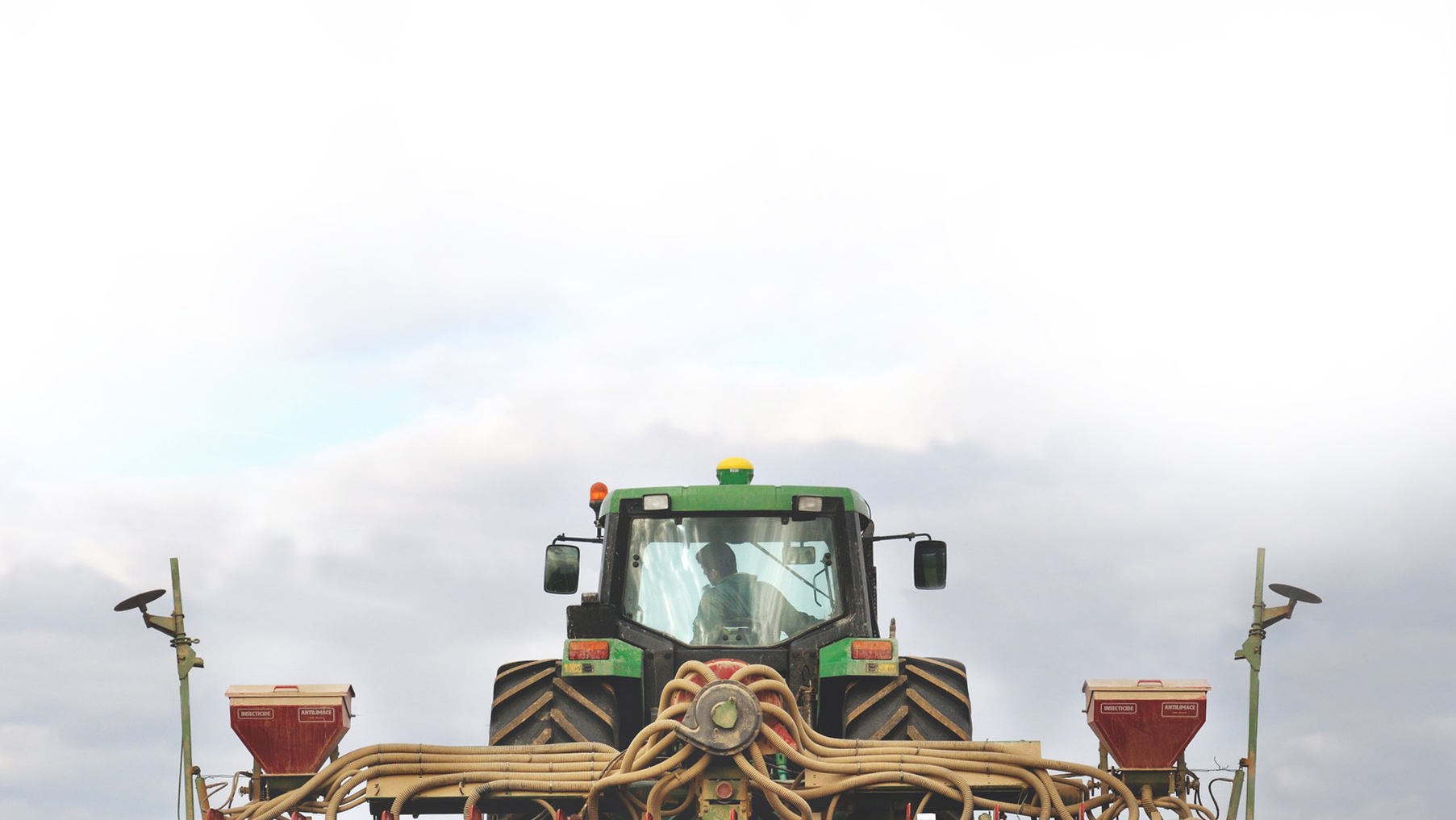7 issues on machinery makers’ minds
By:
Top executives from leading farm machinery manufacturers met onstage earlier this month to discuss their thoughts on what’s next in agriculture and the issues that will affect the farming industry.
The AEM Ag Executive Outlook was hosted by the Association of Equipment Manufacturers during the National Farm Machinery Show in Louisville, Ky.
Max Armstrong broadcast director, Penton Agriculture and host of ‘This Week In AgriBusiness’ moderated the two-hour event.
Panelists included the following:
• Todd Stucke, vice president, sales, marketing & product support, Kubota Tractor Corporation
• Jim Walker, vice president, Case IH
• Linda Salem, president, Great Plains Manufacturing
• Leif Magnusson, president, Claas
• Nick Yaksich, senior vice president, AEM
A lot of issues were covered, but there were seven key themes we came away with:
1. Bear market for machinery sales draws plenty of focus.
The continued decline in machinery sales was the elephant in the room, underpinning much of the discussion. Referenced were the latest sales figures from AEM that show a continued decline in new tractor and combine sales. All agreed the recovery won’t be overnight. “We believe 2016 is the trough in the ag cycle,” says Linda Salem, president of Great Plains Manufacturing. “We all have seen lot of cycles and enjoyed a lot of good years. Now the market is slow, but we will manage through it.” Machinery right-sizing and tighter inventory management were cited as tools to survive the bull market, while Section 179 is giving cause for optimism.
2. Water management will be a hot topic for the future.
Whether it is about ensuring a clean source or an adequate supply, water was a topic that came up several times. “Water is a natural resource that will be more expensive than fuel in the future,” said Kubota’s Todd Stucke, who gave a global perspective from Japan, where Kubota is based. News about the water problems in Des Moines, IA, and Flint, MI, put this topic front and center. Panelists stressed the importance of being aware of the problem and coming up with solutions through better engineering of equipment, handling, storage and delivery systems.
3. Tier 4 engine investment was worth it, but global common standards needed.
All agreed that meeting Tier 4 emissions standards was a huge investment, but the paybacks are cleaner air and a healthy atmosphere. Several talked about the need to have the same emissions standards worldwide so that companies could focus on one engine design, which would drive down R&D costs and make manufacturing more efficient. Claas’ Leif Magnusson said having common standards will be important going forward as the European Union is already discussing an even more stringent, Tier 5, emissions standard.
4. Rural advocacy will require everyone to step up.
“Rural America is under assault,” were the words of several on the panel, referencing the negative reputation farming has with respect to GMO’s, animal welfare, water pollution, and other issues associated with large-scale production agriculture. It was stressed that everyone involved in agricultural production needs to be advocates for the industry. AEM’s Nick Yaksich stressed the importance of making elected officials aware of the issues affecting rural areas such as rural broadband access, adequate infrastructure, renewable fuels, “waters of the United States” (WOTUS), pollinator health and Section 179 tax depreciation.
5. ISOBUS grows in importance as industry finds a common language.
Making sure tractors and implements can communicate continues to be an important topic. AEM, Ag Electronics Foundation, the American Society of Agricultural and Biosystems Engineering and Ag Gateway are working together to develop and implement a standard communications protocol that will ensure interoperability of different equipment brands. AEF recently developed an app that easily identifies which makes and models of equipment work together. Claas’s Magnusson said establishing a common language will continue to be important in the future with the advent of machine to machine control.
6. The need for new ag talent remains a critical challenge for industry.
Recruiting talent to rural areas was cited as a continued challenge. “We live in an exciting time, but we need to continue to recruit the “techies” that will bring disruptive technologies that will change how we product steel.
7. Millennial farmers will change the way the industry does business.
With millennials stepping in to fill the roles of retiring parents and grandparents, panelists talked about how this new generation will farm in new ways with different demands, including the need for a work-life balance. They see farming as more of a business than a lifestyle and view technology as the means to make the operation more efficient. Panelists talked about how the new generation gets most of their information online, requiring new methods of communication. Kubota’s Stucke referenced his nephew, a millennial, who will take over the family farm. “My father will talk to me, my brother may email me, but my nephew texts to me,” Stucke says. But the core values of the farming culture are still there. They just go about things a little differently.”



